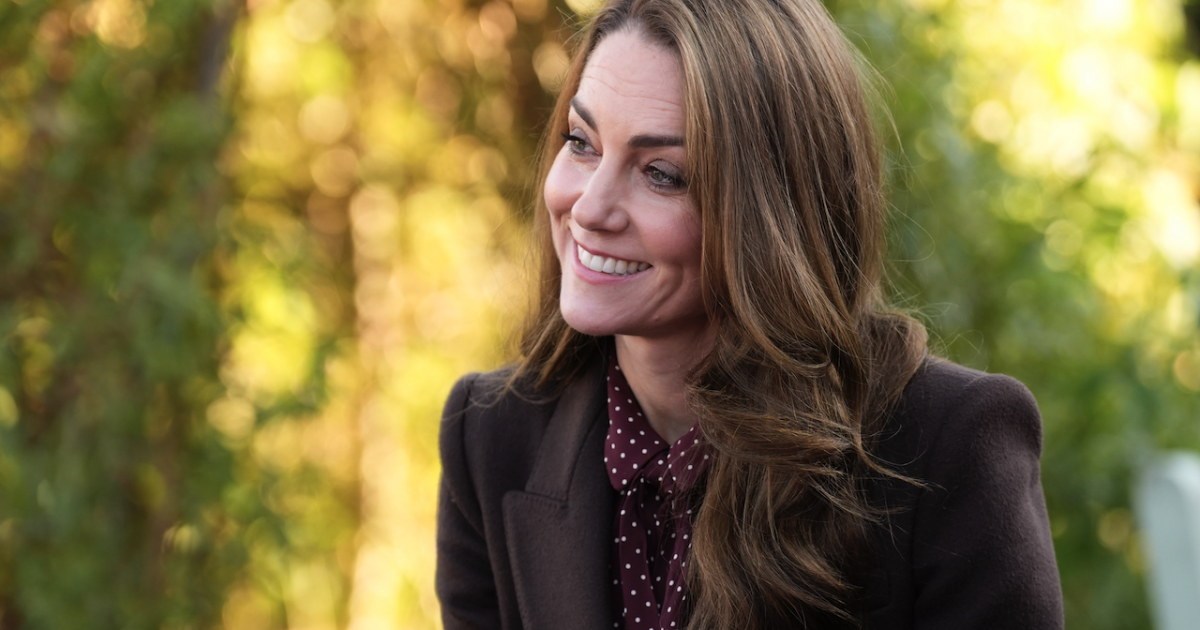Kate Middleton's Family Support System
- Kate Middleton’s brother, James, opened up about something many people who care for someone facing cancer can relate to — finding the best way to support your loved one.
- Kate, 43, first went public with her cancer diagnosis in March 2024. Though she did not disclose what type of cancer she had, she did disclose that she had undergone chemotherapy — and completed treatment in September.
- Her brother said it was a challenging time for the Middleton family — and for him, it was important to offer his support on Kate’s terms.
- Over the years, countless cancer survivors have told SurvivorNet about how important it is to have a solid support system in your corner when facing cancer. Support may be just friends and family — but it can also be designated cancer support groups, mental health professionals, and more.
It’s difficult to know what to say or how to help when a close friend or family member has been diagnosed, but James told UK-based outlet The Times that it revolved around finding out what Kate needed.
Read MoreKate, 43, first went public with her cancer diagnosis in March 2024. Though she did not disclose what type of cancer she had, she did disclose that she had undergone chemotherapy — and completed treatment in September.
View this post on Instagram
The Power Of A Solid Support System
Over the years, countless cancer survivors have told SurvivorNet about how important it is to have a solid support system in your corner when facing cancer. That may include a close family member or friend who takes on the role of caregiver, support groups for patients, and more.
If you’re struggling emotionally, mental health professionals can also be critical parts of a support system.
Dr. Lori Plutchik shares advice for finding the cancer support system you need.
“Some people don’t need to go outside of their family and friend’s circle. They feel like they have enough support there,” psychiatrist Dr. Lori Plutchik told SurvivorNet in a previous conversation.
“But for people who feel like they need a little bit more, it’s important to reach out to a mental health professional,” Dr. Plutchik added.
She also stressed it is important for people supporting cancer warriors to understand their emotions can vary day-to-day.
“People can have a range of emotions — they can include fear, anger — and these emotions tend to be fluid. They can recede and return based on where someone is in the process,” Dr. Plutchik said.
Mental health professionals are not the only medical experts who can help patients deal with the emotional burden during the cancer journey, either. Many patients turn to patient navigators.
A patient navigator can help a patient in a myriad of ways — this may include helping to navigate diagnosis, treatment, finances, getting to and from follow-up care, and more. This extra support can be invaluable when your mind is busy processing so many emotions and new information.
Dr. Kathie-Ann Joseph explains how patient navigators can help.
“Patient navigators can function differently at different hospitals,” Dr. Kathie-Ann Joseph, a surgical oncologist at NYU Langone Health’s Perlmutter Cancer Center, told SurvivorNet. “We have a really wonderful program at [NYU] where we used lay navigators, meaning they’re not nurses — although you can also use nurses or social workers — that pretty much help newly diagnosed cancer patients through the continuum of care.”
These navigators can meet with patients from their first doctors appointments, and can also:
- Attend appointments
- Provide an assessment for next steps of care
- Assist with housing, transportation or immigration issues
- Help with financial issues
- Provide direction on legal issues
“They really will help them get through these barriers that we think could impact their care,” Dr. Joseph added. “Because the goal is we want them to complete their care.”
Check out our related content on how social workers can help during the cancer treatment process.
Learn more about SurvivorNet's rigorous medical review process.


